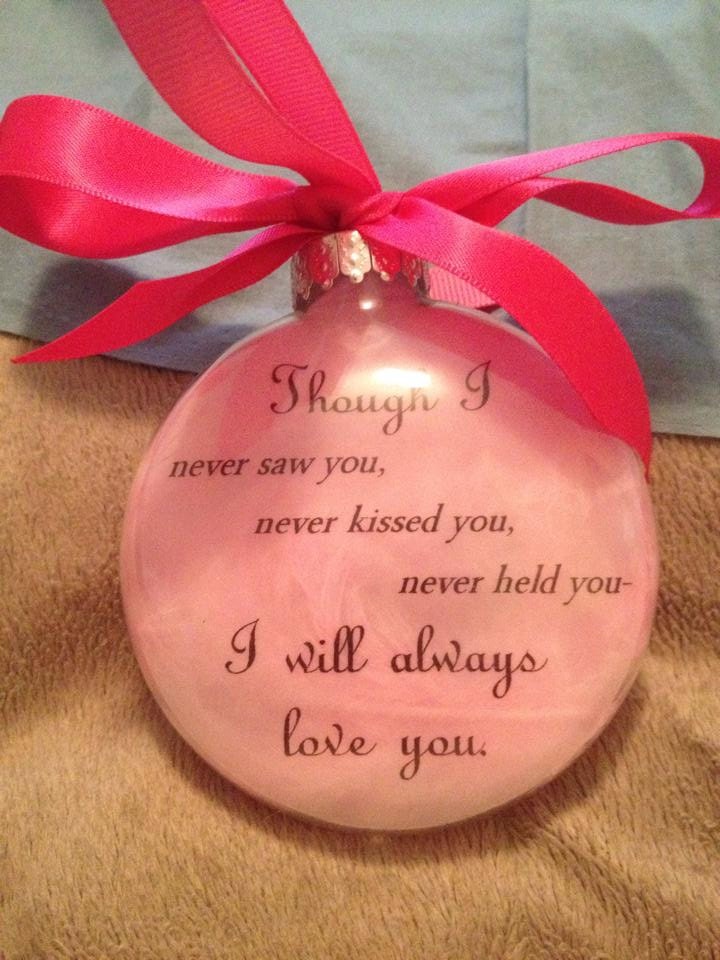I don't know if I mentioned it before, but I follow my basal body temperature (BBT) throughout my cycle to pinpoint ovulation. I did the same when conceiving Nahuatl and it's a method I have confidence in. There are many online and phone applications that help log and store waking temperatures to use as future predictions for when ovulation may occur again. Because my temperatures are post pregnancy loss, I share my monthly cycles with communities so that others can compare and see how it may affect BBT in the beginning and later on. When I was waiting for my menses to return, I didn't know what to expect. But I noticed my temperatures were uncharacteristic of past measurements and I wished I had examples to confirm what I was experiencing was normal. So I hope my early charts can give insight to others.
But now that my hormones have balanced, I still share my cycles so that others can see how long I've been TTC. It's my way of providing statistics to demonstrate the time it may take someone who lost a baby to conceive again. There are many factors to consider. We're dealing with hormone fluctuations, grief, and sometimes depression. All of which affect fertility. So I share my cycles to indicate that it can take a while. But I also share for the support I can't find elsewhere, especially since I no longer see a therapist. And I needed a lot of it this month.
I had been crying for days at the start of this cycle and could barely get up from the couch where I brought all my blankets and a pillow to. My husband can only provide so much assurance because he experienced my pregnancy through me. He didn't establish a bond with Nahuatl like I did. He didn't feel her kicks or her presence that came from physical ailments and a protruding belly. My husband didn't feel or see how different it was once she was gone. So when sharing my chart, I asked for positive comments from others. And I received them. They didn't try to console me, which is what I think many people try to do without realizing there are no direct words that can accomplish this. Instead, many women left notes letting me know they were traveling the same journey. And others who haven't experienced the same loss were still there saying they were glad I was a part of their community and they gave me warm wishes. One woman who lost one of her twins 2 years ago said her daughter showed her how precious it is to live. And even though my daughter's life has made it so that I sometimes want to join her, it touched me that a woman would share herself and her daughter like that.
If it weren't for the support of others, I don't know where I would be right now. I don't know why, but it's a lonely place to lose a child. The lack of understanding and empathy from others angers me, though I can't explain why. The loss festers and overwhelms without helping hands and I sometimes feel like I'm drowning. It's harder because I can't identify what I'm feeling or discern why I respond the way I do. And it's difficult finding others that can help or are willing. But I've noticed that the support exists. Not always where you expect it. But it's there. And it helps pull you out of the abyss.

